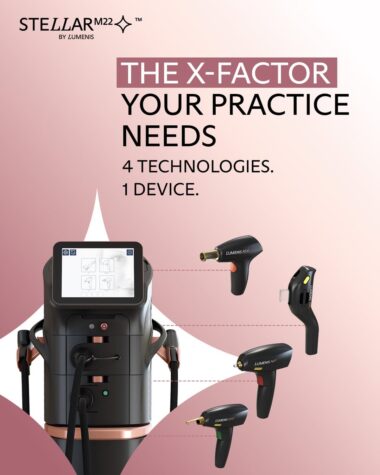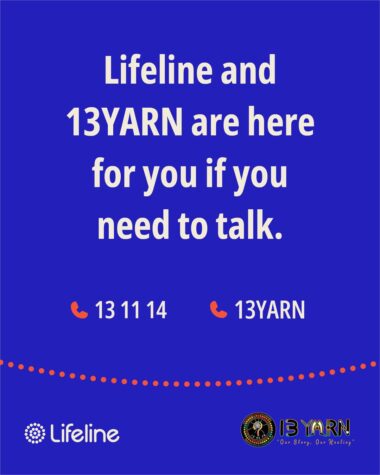Women’s Health in the South East (WHISE) welcomes the opportunity to provide input into the Senate Inquiry into issues related to menopause and perimenopause. With a critical focus on addressing gendered health inequities, WHISE’s submission highlights the need for urgent systematic reforms to ensure all women and gender diverse people have access to healthcare services and support during menopause and perimenopause.
“Menopause and perimenopause have a significant impact on women’s physical and mental health, workforce participation and financial security, and their relationships and social wellbeing,” says Kit McMahon, WHISE CEO.
“For too long, menopause has been a stigmatised issue, with women suffering debilitating symptoms and feeling isolated and unsupported within the healthcare system, their workplaces and communities.
“It's positive that these issues are receiving attention and WHISE is pleased to be contributing to efforts to improve women's outcomes during menopause and perimenopause.”
Menopause and perimenopause affect all women and people assigned female at birth and can cause physical and mental health symptoms hot flushes, insomnia, fatigue and lethargy, joint aches and muscle pains, headaches and migraines, pain or discomfort during sexual intercourse, incontinence, depression or low mood, irritability and anxiety.
The decline in hormones like oestrogen during menopause can also increase the risk of cardiovascular disease, high blood pressure and stroke, and osteoporosis.
Severe symptoms can impact women's ability to work, with 83% of respondents to a 2021 survey by Circle In noting that their work was negatively affected by menopause and almost half (45%) of respondents considering retiring or taking an extended period of leave.
Reduced workforce participation due to menopause is a gender equality issue and has significant financial implications for women's retirement planning and superannuation contributions.
WHISE's submission to the Senate Standing Committee on Community Affairs covers several key areas related to menopause. These include addressing:
-
The economic implications, such as workforce participation and retirement planning.
-
The impact of physical and mental health symptoms associated with menopause.
-
Access to healthcare services and social support.
-
The need to reduce barriers to help-seeking in the healthcare system, including improving referral pathways and ensuring treatments are affordable and accessible.
WHISE highlights a number of key policy recommendations, including further investment in community-based programs that aim to enhance access to evidence-based health promotion information and help-seeking pathways for perimenopausal and menopausal women, such as the Mastering Menopause Program, currently being developed and delivered by WHISE and funded by the Victorian Department of Health.
“Our submission calls upon the Federal Government to embed and strengthen support for perimenopausal and menopausal women within primary care,” says McMahon.
“We strongly believe that addressing menopause effectively and sustainably requires investing in support systems and training healthcare providers. This will ensure they are equipped to manage symptoms, carry out preventative screenings, and prescribe menopausal hormone therapy and other treatments following best-practice guidance.”
WHISE’s submission contributes to vital discussions surrounding menopause and perimenopause, encouraging policymakers and stakeholders to fund campaigns and resources that raise awareness of menopause and promote symptom management options.
The organisation remains committed to advancing the rights and well-being of women and gender diverse people in the Southern Metropolitan Region and looks forward to collaborating with federal and state governments, alongside other stakeholders, to drive meaningful action on menopause.
Key Facts:
WHISE's submission to the Senate Standing Committee on Community Affairs covers several key areas related to menopause. These include addressing:
-
The economic implications, such as workforce participation and retirement planning.
-
The impact of physical and mental health symptoms associated with menopause.
-
Access to healthcare services and social support.
-
The need to reduce barriers to help-seeking in the healthcare system, including improving referral pathways and ensuring treatments are affordable and accessible.
About us:
ABOUT WHISE
WHISE is a leading health promotion and primary prevention organisation dedicated to improving women's health and wellbeing in the Southern Metropolitan Region of Melbourne. WHISE forms part of a network of Women’s Health Services across Victoria. Working in partnership with various stakeholders, WHISE advocates for gender equity, conducts research, delivers health promotion initiatives, and provides capacity-sharing support to enhance the delivery of women's health services. For more information, visit www.whise.org.au
Contact details:
WHISE Communications Lead: Doseda Hetherington 0412 317 334.



